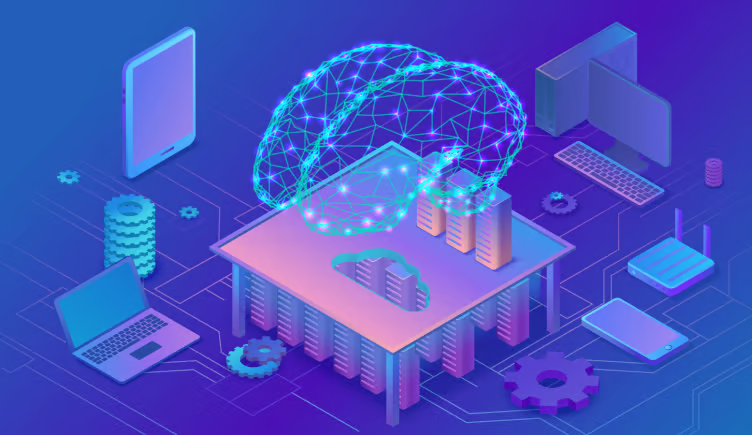
Artificial Intelligence (AI) is no longer a futuristic concept confined to science fiction; it is already deeply ingrained in our lives, transforming the way we work, live, and interact. As AI technology continues to advance at an unprecedented pace, its impact on shaping our future is becoming increasingly evident. In this blog post, we explore how AI is poised to be a transformative force that will shape various aspects of our future.
- Revolutionizing Industries: AI’s ability to process vast amounts of data and extract meaningful insights is revolutionizing industries across the board. From healthcare to finance, manufacturing to agriculture, AI-powered solutions are enhancing productivity, optimizing processes, and enabling businesses to make data-driven decisions. As AI matures, it will lead to significant gains in efficiency and innovation, driving economic growth and reshaping industries.
- Changing the Workforce Landscape: The widespread adoption of AI and automation technologies will undoubtedly reshape the job market. While some jobs may be automated, new opportunities will emerge in AI research, data science, machine learning engineering, and other AI-related fields. The workforce of the future will need to adapt by acquiring skills that complement AI capabilities, such as creativity, problem-solving, and emotional intelligence.
- Personalized Experiences: AI is revolutionizing how we interact with technology and services. Advanced algorithms analyze vast amounts of user data to deliver personalized experiences, whether it’s tailored content recommendations on streaming platforms or personalized product suggestions while shopping online. As AI continues to improve, these personalized experiences will become more accurate and intuitive, enhancing user satisfaction.
- Advancements in Healthcare: AI is already making significant contributions to the healthcare industry. From diagnosing medical conditions more accurately and quickly to discovering new drug candidates, AI-powered solutions have the potential to revolutionize patient care. As AI technologies become more integrated into healthcare systems, we can expect improved patient outcomes, reduced medical errors, and more efficient healthcare delivery.
- Autonomous Systems and Transportation: AI’s role in autonomous systems, particularly in self-driving cars, is rapidly evolving. This technology holds the promise of safer roads, reduced traffic congestion, and increased accessibility to transportation. As autonomous vehicles become mainstream, they will reshape urban mobility, transform logistics, and redefine transportation norms.
- Addressing Global Challenges: AI is being harnessed to tackle some of the world’s most pressing challenges, such as climate change, resource management, and disaster response. AI-powered analytics can process environmental data to facilitate more informed decisions and foster sustainable practices. Additionally, AI-driven predictive models can help identify potential natural disasters and assist in disaster relief efforts.

Leave a reply